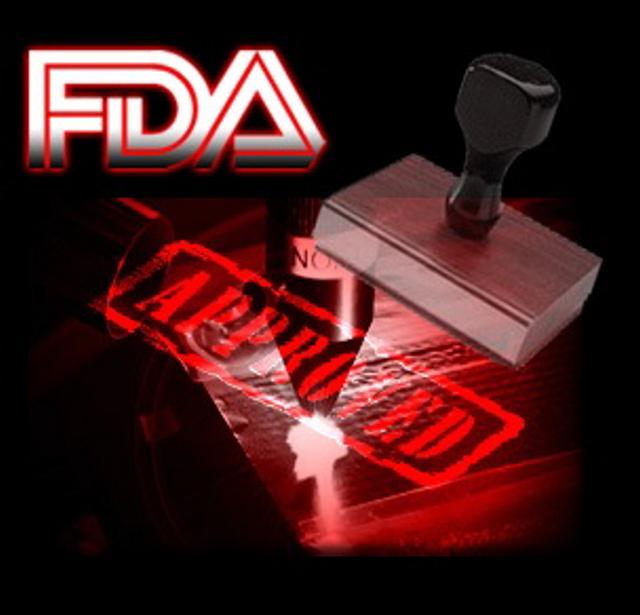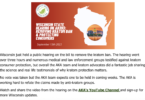Reporters like me have encountered similar roadblocks when covering the FDA. (For example, when I was trying to investigate how the agency was handling a massive case of fraud that undermined the data behind a number of approvals, the agency refused to release the names of the drugs that were affected.) On occasion, the agency is not just slow to release information about problems it’s finding with drugs, but it has even been willing to reassure the public about products that later turn out to be dangerous. So the public can’t rely upon the agency to release everything that’s important to know, and objective data that the agency uses to make its decisions have become quite valuable for understanding, not just the FDA’s decision process but also whether it’s been making good calls or bad ones
Scientific American author Charles Saife knows the FDA corruption beat well and describes the peculiar difficulties with covering the FDA is their reticence to release information to reporters or even other facets of the Federal government. Saife writes of Sen. Chuck Grassley, exasperated at the FDA for “using every trick under the sun” to weasel out of sharing information related to their approval of yet another entry into the canon of “killer drugs that should never have been approved.”
‘The FDA has had a “revolving door” problem for years. Some, like Daniel Fabricant — the former head of FDA’s division of dietary supplements — even return to the FDA, then bounce back to work in industry again.’ @DrFabricant @SGottliebFDA #corruptionhttps://t.co/m9BKLkbMWx
— Kendra Parris (@parrislaw) November 25, 2017
In the case of Sarepta the FDA seems to not only have approved a dangerous drug knowingly, but intentionally obscured the known adverse effects of the said drug, eteplirsen in this case, but there are many just like it. There are, of course, those who give the FDA the benefit of the doubt. Ellis Unger, MD wrote a letter to a Dr. Saper who accused them of “scientific misconduct.” Dr. Unger adjudicated for the FDA as best he could, at least.
I think this represents sloppy science, not scientific misconduct.
But what if this “sloppy science” results in thousands of deaths while accruing billions from drugs that never should have been made public? One of the leading preventable causes of death in the United States is not prescription overdose from opiates. Though some 90 on average die per day from an overdose of opiates, this number is dwarfed by the 128,000 people who will die in the U.S. from taking their prescribed medications as advised. That’s over 350 people each day, even in leap years. 6 drug channel companies made the top 25 of the Forbes 500 last year, pharma manufacturers made less owing to factors such as the cost of new drug development. Even accounting for such major costs the top 10 pharma companies managed comfy sums between $11.2 billion and $71.9 billion. In case you were wondering, $71.9 billion dollars divided by 128,000 deaths equals 561,718.75… what unit would it be? Death/Dollars? Dollar/Deaths? Ah well, let’s think silver linings here… wasn’t the planet overpopulated anyway?

Charles Saife fears that what these repeated incidents show is that the FDA, not unlike Robocop, has a covert mission beyond that of merely protecting the public. “The public’s interest in knowing the truth about a drug is secondary to the interest in protecting a company from harm.” Ultimately, this is proving “toxic for our confidence in the FDA.”







